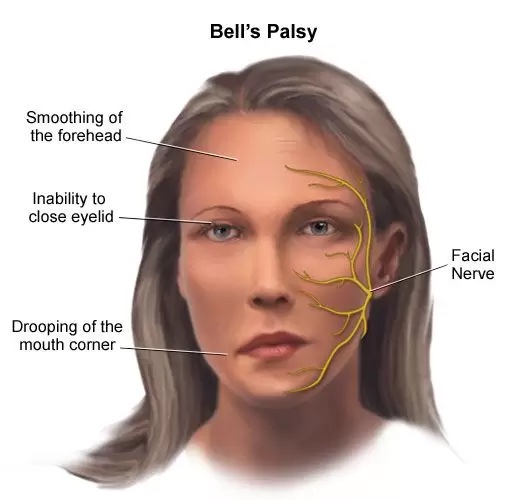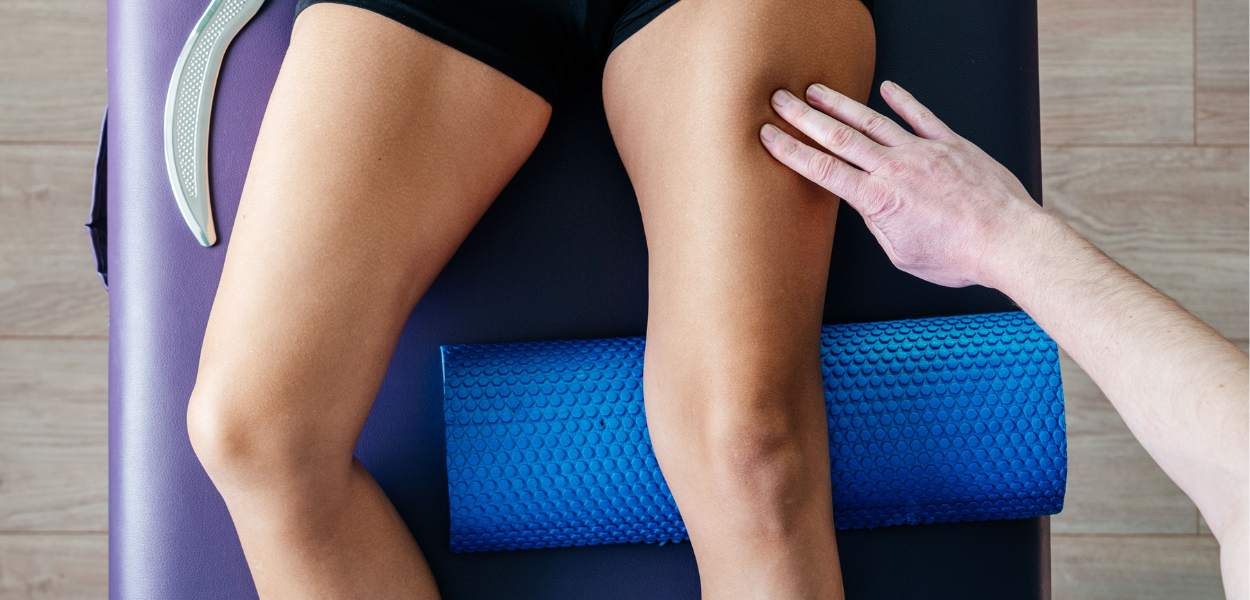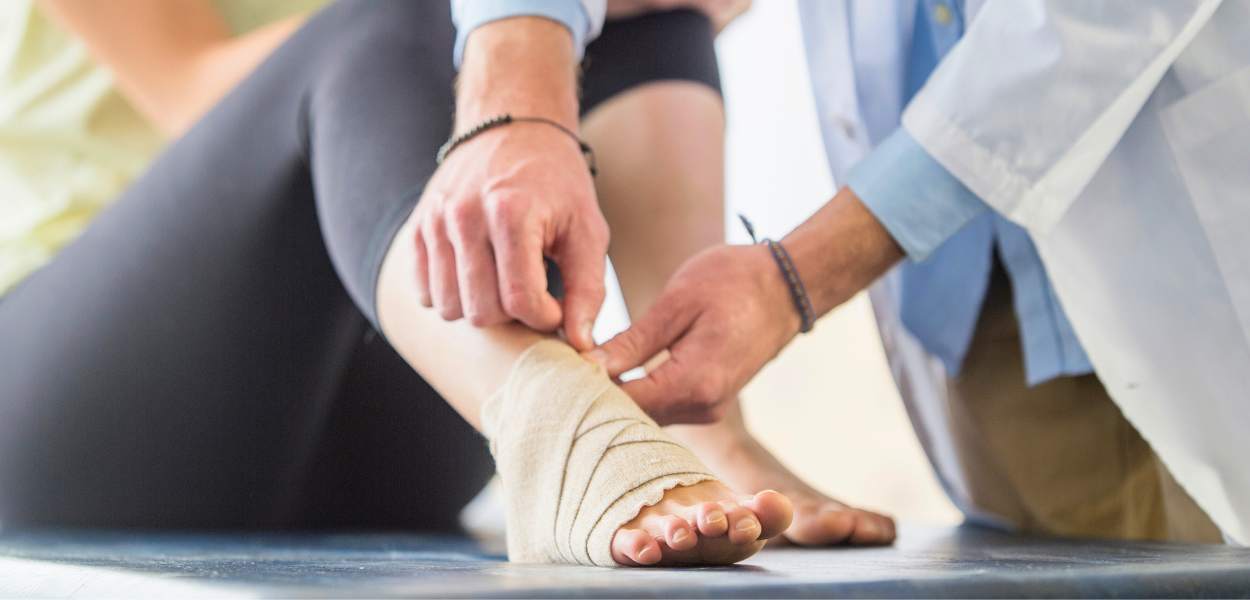Temporomandibular Joint Disorders: Understanding and Managing Jaw Pain

The Temporomandibular Joint (TMJ) is commonly referred to as our jaw. It is responsible for our everyday functions like speaking and chewing. It functions just like any other joint in the body. It has muscles, tendons and ligaments around the joint, and together they produce movements like opening and closing of the mouth, and side to side movements of the jaw.
These movements together produce speech articulation for human beings to interact with words. The importance of multi directional movements of the jaw also allow us to chew food effectively in our mouth, so that the digestion process can occur smoothly as food continues to go down to our digestive tracts.
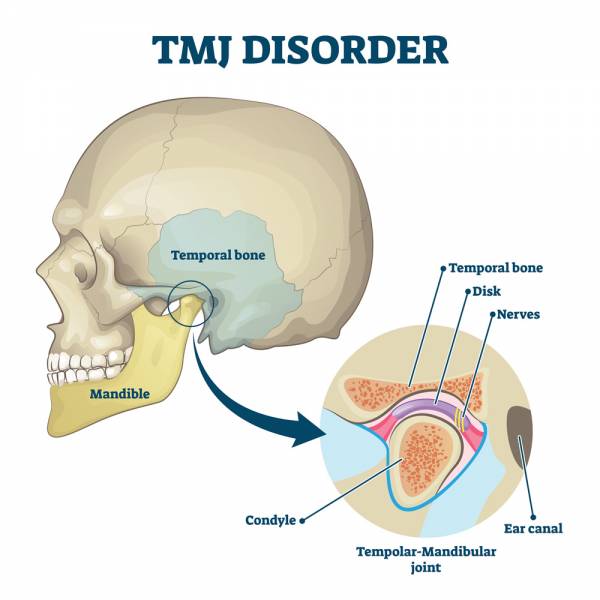
The major symptoms of Temporomandibular Joint Disorders include headaches and dizziness
Major Causes of Temporomandibular Joint Disorders
The prevalence of TMJ disorders is about 5-12% of the whole population, occurring mostly in young females.1 TMJ disorders are mainly triggered by stress and anxiety, which often leads to grinding of the teeth especially at night-time. This repetitive motion of the jaw often causes an overuse in the jaw muscles, which results in pain and tension.
In addition to stress and anxiety, TMJ-related pain can be caused by trauma, arthritis, other diseases, neck pain, and even poor oral habits. Trauma can be car accidents, and sports related injuries such as getting hit in the face during a football tackle or a falling hard face down.
Some of the poor oral habits that can cause Temporomandibular Joint pain can also be triggered by simple lifestyle activities including chewing food only on one side or eating very hard food unexpectedly for an extended period during a meal.

TMJ related pain can be caused by trauma such as hard falls or sports related injuries
Symptoms of Jaw Pain
Some of the major symptoms of Temporomandibular Joint Disorders include:
- Pain in the jaw area, either one side or both sides
- Difficulty chewing especially hard food such as nuts, crusty bread or raw carrots
- Pain in areas adjacent to the jaw such as the neck or head
- Clicking sounds
- Headaches and dizziness
How Our Physiotherapists Can Help Address Jaw Pain
If you are experiencing jaw pain but are unsure of the cause, our physiotherapists can create a tailored treatment solution to help address your individual needs.
A physiotherapy consultation for jaw pain will start with a full jaw and neck movement assessment and identifying the root cause of the problem. The physiotherapist will then provide manual treatment such as musculoskeletal manipulation, soft tissue massage and dry needling, as well as prescribing exercises that can help improve jaw dysfunctions.
As part of the journey to recovery, follow up sessions will also include full postural assessments, patient education, and addressing any poor lifestyle habits that may have contributed to the pain.
And once you are free from jaw pain, the physiotherapist will also provide advice, helpful tips and exercises to help prevent the pain from coming back.
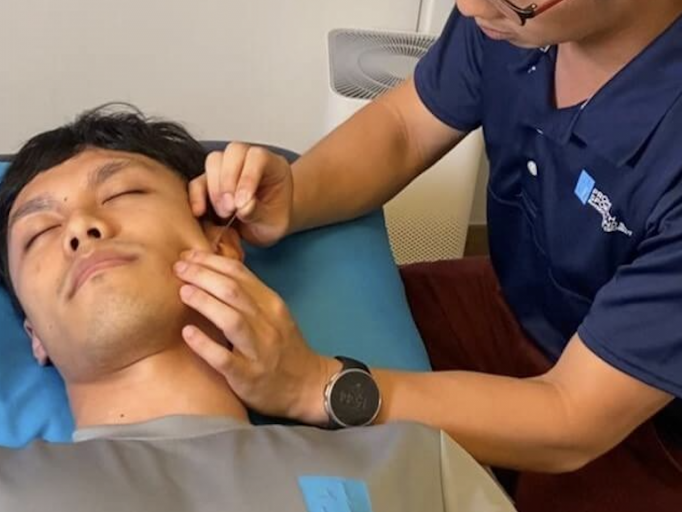
Our TMJ physiotherapy entails a customised manual treatment plan to address the patient’s specific ailment and ensure a comprehensive recovery.
If you have been experiencing any jaw pain, we can help! Book a session with our physiotherapists today for an in-depth assessment.
For more information, call +852 2530 0073 or email appt@sportsandspinal.hk.


